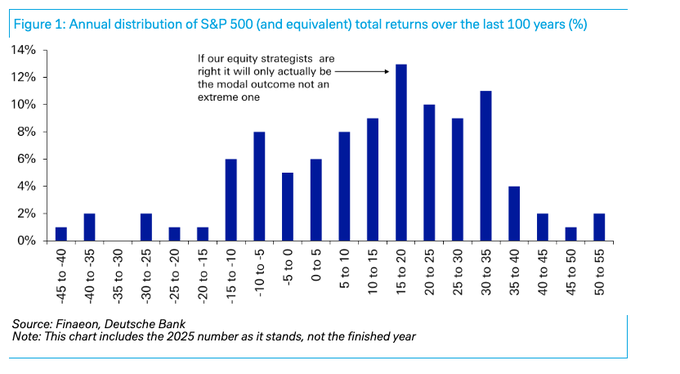US investment bank Citigroup published a bleak report about the impact of Israel’s judicial reform and stressed, “The recent turmoil surrounding the judicial reforms in Israel has prompted questions about the impact on the economy. Though there are short-term effects on growth from disruptions to economic activity, the more important impact will likely be on medium term potential growth, which we revise down from 4.0% to 3.4%. Unfortunately, it is not hard to imagine further downside to potential GDP growth. This would eventually impact all assets classes and raise the possibility of credit rating downgrades.”
Citi said that the short-term effect on growth should be mostly from disruptions to economic activity. Protests and street blockades might well continue to disrupt economic life in the coming months and quarters; economic activity does not suffer from a lack of demand in this case but from literally being prevented to occur. The impact can be felt in many industries; manufacturers face troubled supply chains and disrupted export facilities, restaurants can suffer from protest disturbances, the tourism industry could see cancellations and many sectors are likely to face some disruptions from striking employees and both clients and employees not being able to reach workplaces or points of sale. That said, disruptions are not permanent.”
In any event City slightly lowers its 2023 GDP growth forecast for Israel from 3.3% to 3.1%.
The hit to growth – not only because of the judicial legislation
In the medium term, Citi sees a broader hit to growth and cuts the 2024 GDP growth forecast from 3.3% to 2.8%.
Citi emphasizes that while the judicial reform legislation has a significant impact on potential growth, there are also a range of other government decisions such as budgetary allocations and education policy that will influence Israel’s future economic activity.
Citi explains that growth in Israel will be harmed by a fall in work productivity, influenced, among other things, from lower rates of labor force participation and employment because the Haredi sector is Israel’s fastest growing population group.
Citi says, “The current government’s commitment to increasing labor force participation of the Haredim appears lacking; the budgets approved for 2023/24 reduce incentives to do so and requirements of Yeshivas to teach job market relevant subjects as a condition for state funding have been weakened.”
Citi also mentions that lower potential GDP will hit the strength of the shekel due to lower foreign investment in Israel’s tech sector.
RELATED ARTICLES
“Israeli government plans are a time-bomb”
Ex-BoI governor: There’s never been such destruction of value
S&P: Political confrontation in Israel a risk to growth
Monetary policy and debt/GDP ratio
Regarding the Bank of Israel’s monetary policy , Citi sees the expected results in reduced potential GDP and says, On the one hand, lower potential growth should translate into a lower neutral rate, as lower returns on capital mean the cost of capital needed to stop the economy from overheating is lower. On the other hand, reduced potential GDP means that the economy reaches its limitations faster.”
Citi adds, “The result might be that the Bank of Israel will have to react more frequently to output fluctuations: raising rates earlier as the economy overheats faster, but also cutting again more quickly as higher rates can do more damage in an environment of lower potential growth.
“How this translates into local yield curves and lending rates will ultimately depend on whether increased risk premia or lower policy rate expectations win the tug of war, as well as whether interest rate parity conditions relative to global interest rates are satisfied.”
Citi continues that, “Lower potential growth also results in less favorable debt dynamics, which could ultimately have implications for credit ratings. Any discussion about the path of Israeli sovereign debt should start with the observation that Israel is in a comfortable position; the debt/GDP ratio has declined sharply post-pandemic and at 60.3% is getting close to the end-2019 level of 58.5%. Moreover, even under our revised base case, the debt/GDP ratio should continue to decline.
If such a scenario becomes consensus and accompanied by worsening institutional quality indicators and a less supportive capital flow environment, outlook revisions and credit rating downgrades are likely.”
Published by Globes, Israel business news – en.globes.co.il – on August 3, 2023.
© Copyright of Globes Publisher Itonut (1983) Ltd., 2023.
















